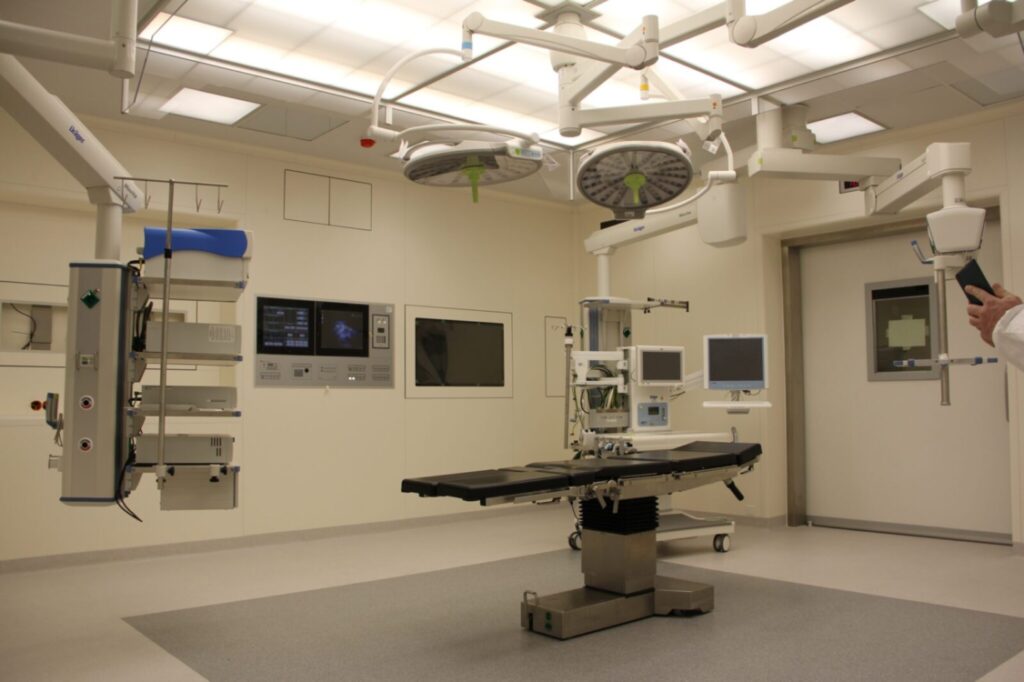
It is not uncommon for a physician or specialist to refer their patients to another doctor or clinic that is better equipped to handle their medical needs. Surgical centers in particular are commonly passed along throughout the healthcare industry to ensure patients are educated on local facilities capable of performing their procedures. But what prevents medical professionals from manipulating their referrals? How can facilities like a surgical center receive referrals without compromising ethics?
Read further to understand the regulations surgical centers must abide by and why they may be an exception to the Stark Law.
An ambulatory surgery center (ASC) is a facility performing same-day operations for those who have already seen a medical professional and determined surgery as the formal treatment option. Some examples of ambulatory surgery centers include:
ASCs may perform a variety of procedures such as colonoscopies, tonsillectomies, cosmetic procedures, cataracts, and other similar non-urgent procedures.
The Stark Law is a federally mandated set of civil regulations enacted in 1992 to protect patients from biased referrals. In accordance with the Stark Law definition, a surgical center is not covered as it is not one of the named designated health services (DHS). Thus, a referral to an ASC to which the physician is financially tied, would not fall under the Stark Law.
On the other hand, the Anti-Kickback Statute (AKS) is a criminal anti-corruption statute that prohibits financial transactions in return for referrals. It prohibits monetary compensation as well as kickbacks in the form of free equipment, shares, and similar bribes. In some scenarios, financial relationships with ambulatory surgery centers may fall under the exceptions outlined in 42 CFR § 1001.952 as “Safe Harbors,” while in other cases an interaction may be prosecuted under the AKS.
You may be wondering why ASCs would be exceptions to the Stark Law but still legally bound to the Anti-Kickback Statute. The simple answer is that while they are similar, the Anti-Kickback Statute and Stark Law are not the same. A healthcare attorney should be contacted in any circumstances where you are unsure if the Stark Law or Anti-Kickback Statute have been violated. Their expertise in regulations will allow them to formulate the proper course of action and ensure your practice is protected from any accusations.

While most forms of financial transactions are prohibited under the Anti-Kickback Statute, there are some scenarios where it may be legal. Safe Harbor regulations are permittable financial relationships that cannot be prosecuted. Essentially, these are in place to allow for reasonable and necessary relationships between a physician and another medical organization. Some examples include:
Again, these regulations are a few of many exceptions to the statute. Therefore, so long as it is in compliance with the Safe Harbor regulations then financial relationships can occur between an ambulatory surgery center and another medical organization. For example, if the surgical is offered a discount on an anesthetic machine because it had bought 3 others within the year then the transaction would not be held to the AKS. However, if the same anesthetic machine was offered at a significantly discounted price for no reason, it may have violated the statute.
The best way to understand if your business transactions are compliant with the Anti-Kickback Safe Harbor regulations is to speak to a certified healthcare attorney.
If you are a healthcare provider or the owner of an ASC, you may be concerned about how the regulations apply to your organization. The Stark Law and Anti-Kickback Statute are complex and require careful interpretation. In order to avoid penalties that may damage the reputation of your practice, it is advisable to seek representation from a Stark Law attorney.
Whether you are currently in need of legal defense or are seeking a precautionary plan, Fenton Jurkowitz Law Group will work relentlessly to develop preventative and proactive legal strategies that reflect your organizational needs. For more information on how your ambulatory surgery center can benefit from hiring a Stark Law attorney, fill out our online contact form today.